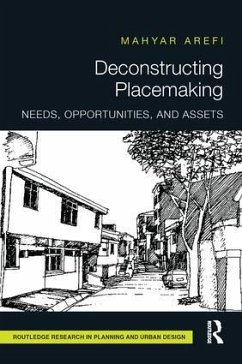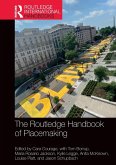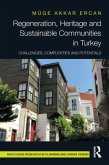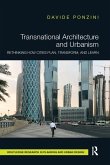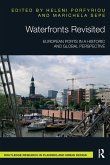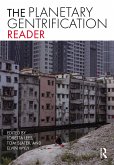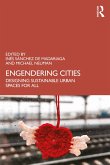A new taxonomy of placemaking is needed; concerns have been expressed about the professionalization of placemaking through the proliferation of standards, zoning codes, and restrictive covenants. "Place matters" has become a mantra in many disciplines - architecture, urban planning and urban design, geography, and sociology to name a few. While conceptualized narrowly by individual disciplines, a holistic framework of placemaking is sorely missing. Mahyar Arefi seeks to fill this gap by exploring these questions: how are places physically created, socially mobilized, and politically contested?
This book explores three competing approaches to placemaking: need-based, opportunity-based, and asset-based. Using a case study approach, the book delves into each paradigm and its stages of physical formation, social mobilization, and political contestation.
This book explores three competing approaches to placemaking: need-based, opportunity-based, and asset-based. Using a case study approach, the book delves into each paradigm and its stages of physical formation, social mobilization, and political contestation.

